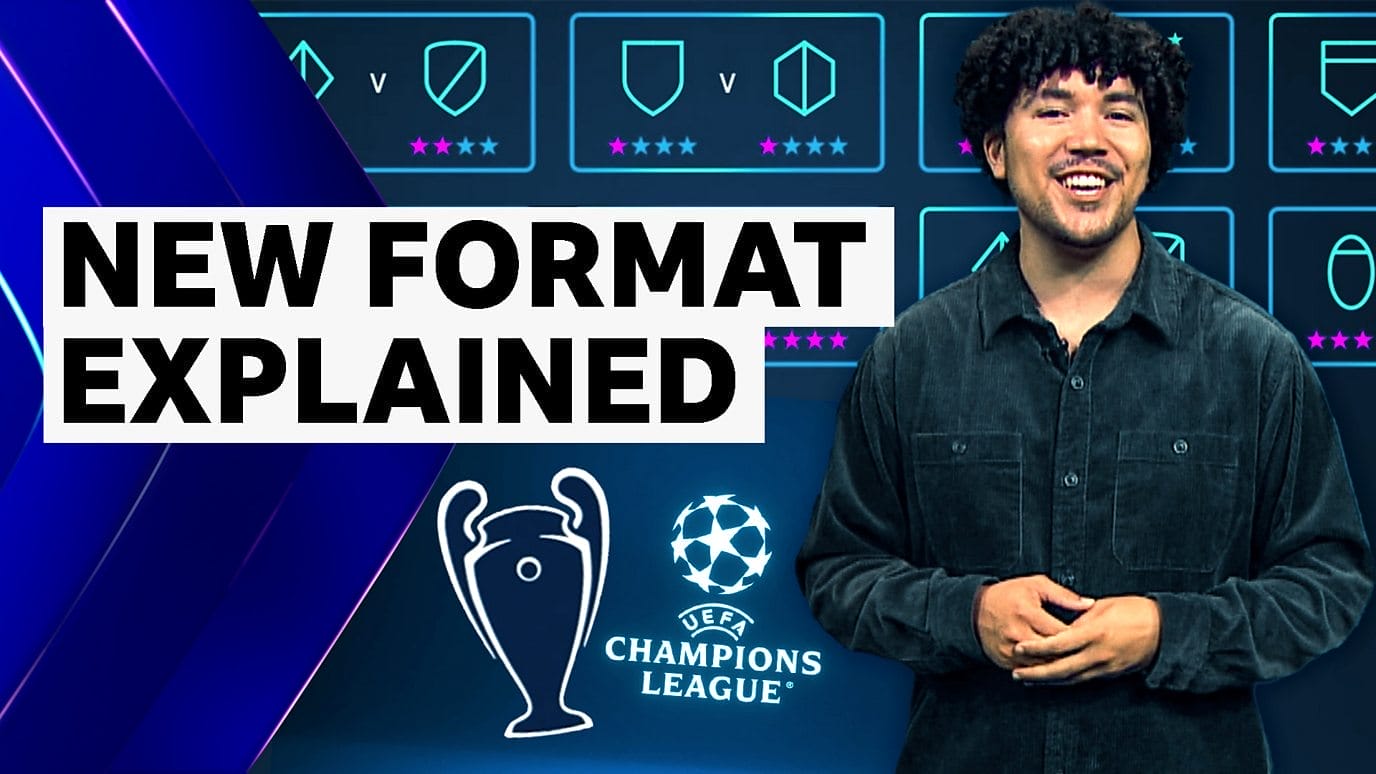
The Merseyside derby between Liverpool and Everton on Tuesday night was as fiercely contested as ever, with the Reds coming out on top 1-0 in a match that was packed with drama and intense moments. However, it wasn’t just the result that had everyone talking after the game. A particular incident involving Everton captain James Tarkowski and Liverpool’s Alexis Mac Allister left many questioning the decision-making process in the officiating booth. Tarkowski’s challenge, which went unpunished beyond a yellow card, has sparked heated debates, and now, the Premier League’s refereeing body, PGMOL, has weighed in with their official verdict.
The Challenge That Divided Opinion
The incident in question took place in the 11th minute of the match. As Everton’s Tarkowski cleared the ball from the edge of his own penalty area, he followed through with a challenge on Mac Allister. The challenge seemed to catch the Argentine midfielder on the calf, a moment that looked potentially dangerous to many watching from both sides of the rivalry. Referee Sam Barrott, who was in close proximity, didn’t hesitate to brandish a yellow card for what he deemed to be a reckless challenge. Despite the clear contact and the follow-through that caught Mac Allister, Barrott appeared to believe the incident did not warrant a red card.
But the controversy didn’t end there. The VAR official for the match, Paul Tierney—who has previously had his share of contentious moments involving Liverpool, including a long-standing feud with former manager Jürgen Klopp—also upheld the yellow card decision. VAR’s assessment was that Tarkowski’s challenge was reckless but not dangerous enough to meet the threshold for a red card. As explained by the Premier League’s official Match Centre X account during the game, the decision was reviewed, and the contact on Mac Allister was deemed “reckless” but not sufficient to warrant a serious foul play ruling.
From that moment on, almost everyone watching the game seemed to agree that Tarkowski had been lucky to escape with just a yellow card. Whether from the Liverpool or Everton camp, many felt that the challenge looked far worse than the punishment it received. Even Liverpool manager Arne Slot dismissed the decision as “so obvious” that he didn’t feel the need to comment further. Everton’s manager, David Moyes, also acknowledged his team’s fortune, admitting that they could have “been lucky” not to receive a red card.
PGMOL Weighs In: A Red Card in Retrospect?
After the match, the Professional Game Match Officials Limited (PGMOL) the body responsible for overseeing refereeing standards in the Premier League issued a statement that has only served to stir the controversy further. PGMOL admitted that the original yellow card was incorrect and that Tarkowski’s challenge did, in fact, meet the threshold for “serious foul play,” rather than being just a “reckless” foul.
In their statement, PGMOL clarified that Tarkowski’s challenge was deemed to endanger the safety of Mac Allister and was therefore worthy of a red card. This statement from PGMOL was a significant concession, as it confirmed what many of those who watched the game had already suspected that the referee and VAR had missed an obvious red card offense.
This admission is not just a minor point; it’s a significant acknowledgment from the refereeing body that their decision-making process failed in this instance. The question now is whether Tarkowski will face retrospective action. Under current Premier League rules, PGMOL can review certain incidents after the match and impose retrospective sanctions if deemed necessary. A retrospective ban could be on the cards, but it remains to be seen whether that will happen. For now, Tarkowski seems to have avoided any immediate punishment, but the PGMOL’s public acknowledgment of the error casts a shadow over the fairness of the officiating in this match.
Understanding the Officiating Error: Reckless vs. Serious Foul Play
To understand the impact of PGMOL’s admission, it’s important to break down the differences between the two types of fouls involved: “reckless” and “serious foul play.” According to Law 12 of the official FA handbook, a “reckless” action occurs when a player acts with disregard for the danger or consequences of their actions towards an opponent. This kind of foul, while dangerous, is generally punishable by a yellow card. It’s often seen as a mistake or a misjudgment, but not one that endangers the player’s safety beyond a reasonable level.
On the other hand, “serious foul play” is a more severe offense. This type of foul is defined as a challenge that endangers the safety of an opponent or uses excessive force or brutality. In these cases, the referee is required to issue a straight red card, and the player is often banned for a certain number of matches.
In Tarkowski’s case, PGMOL has admitted that the challenge met the threshold for serious foul play. This means that, under the official rules, Tarkowski should have been shown a red card for endangering Mac Allister’s safety. The fact that a yellow card was issued instead highlights a significant gap in the officiating process, especially considering that the incident was reviewed by VAR, which failed to overturn the on-field decision.
The Fallout: Could Tarkowski Be Retrospectively Banned?
With PGMOL admitting their mistake, the next logical question is whether Tarkowski will face further punishment. As it stands, he has escaped a red card during the match, but the possibility of a retrospective ban is still on the table. The Premier League has mechanisms in place for situations like this, where a clear and obvious error in officiating occurs.
Typically, a player can be retrospectively banned if they commit a serious foul that was missed by the referee and VAR during the game. However, these retrospective decisions are not always straightforward. For instance, the incident must meet certain criteria, and it often requires a separate panel to review the footage and come to a unanimous conclusion that the original decision was wrong.
In Tarkowski’s case, it’s likely that the PGMOL’s public admission will prompt further scrutiny of the decision, and a retrospective ban could follow. The challenge was certainly dangerous enough to warrant a second look, and the fact that PGMOL has already acknowledged the error may indicate that a ban is on the horizon.
For Everton, this potential punishment adds further uncertainty to a season that has already been filled with its fair share of ups and downs. Tarkowski, as club captain, is a key figure in their defense, and losing him to a suspension would be a significant blow for Sean Dyche’s side.
Conclusion: A Wake-Up Call for Premier League Officiating
The incident involving James Tarkowski’s challenge on Alexis Mac Allister serves as a stark reminder of the need for consistency and accuracy in Premier League officiating. While VAR is designed to help officials make the correct decisions, it is clear that in this instance, the system failed to deliver.
PGMOL’s late admission of fault is a step in the right direction, but it also raises important questions about the reliability of the current officiating system. As the Premier League continues to evolve and modernize, it is crucial that the referees, VAR officials, and governing bodies work together to minimize such errors and ensure that matches are decided fairly.
As for Tarkowski, the future remains uncertain. While he may have been fortunate not to see red during the Merseyside derby, a retrospective ban could yet be on the cards. For Everton, their focus now must shift to ensuring that such mistakes do not overshadow their performance and that their captain remains available for the crucial matches ahead.








